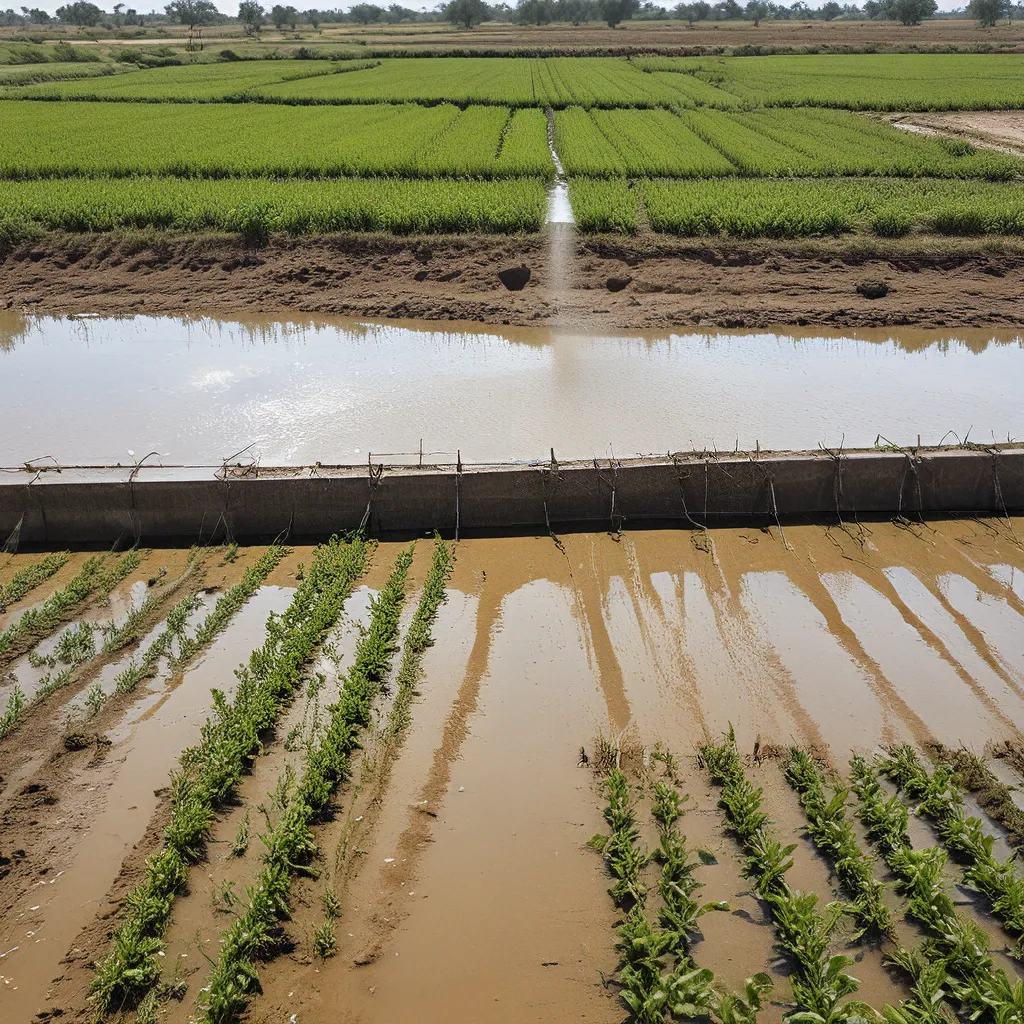
In our rapidly changing world, where the depletion of natural resources and environmental degradation pose mounting challenges, the circular economy model shines as a beacon of hope, especially in the water sector. As a passionate advocate for sustainable water management, I’m thrilled to explore how the principles of the circular water economy, water recycling, and on-site water reuse systems are ushering in a new era of water sustainability.
Embracing the Circular Water Economy
The circular water economy is a game-changer in how we approach water management. By recovering valuable resources from wastewater, this revolutionary model minimizes waste and contributes to restoring the natural environment. It envisions a closed-loop system where water, nutrients, and energy are continuously recycled, reducing the need for freshwater extraction and mitigating pollution.
Imagine a world where Gothenburg, Sweden serves as a shining example of this sustainable approach. In this forward-thinking city, the circular water economy is in full swing, as they maximize water resources while turning waste into valuable commodities. This model exemplifies the harmonious integration of water management and agricultural practices, showcasing the immense potential of the circular water economy.
Harnessing Wastewater for Sustainable Agriculture
One of the most exciting applications of the circular water economy is in the realm of sustainable agriculture. Water recycling is a critical solution for this sector, which consumes a significant portion of the world’s freshwater resources. By treating and reusing wastewater for irrigation, we can reduce the pressure on freshwater sources and enhance food security.
Take Sacramento’s Harvest Water Project, for instance. This innovative initiative demonstrates the power of water recycling in agriculture. By providing a reliable water supply for crop production and preventing nutrient-rich effluents from contaminating natural water bodies, this project showcases the environmental benefits of integrating water management and agricultural practices.
Moreover, using recycled water in agriculture supports soil health by replenishing it with organic matter and nutrients. This harmonious integration not only optimizes water use but also contributes to the long-term sustainability of our food production systems.
The Rise of On-Site Water Reuse Systems
Alongside the circular water economy and water recycling for agriculture, another innovative solution is the implementation of on-site water reuse systems. These systems, integrated into urban infrastructure, buildings, and communities, treat and reuse greywater and rainwater for non-potable purposes such as toilet flushing, landscaping, and cooling.
San Francisco has emerged as a leader in this realm, showcasing the remarkable potential of on-site water reuse systems. By reducing the demand for potable water, these systems help achieve greater water independence and alleviate water scarcity. This approach not only demonstrates innovation in water reuse technologies but also emphasizes the importance of localized solutions in achieving global water sustainability goals.
Overcoming Challenges and Embracing the Future
As we embrace these transformative solutions, it’s important to acknowledge the challenges that may arise. Implementing the circular water economy, water recycling for agriculture, and on-site water reuse systems require overcoming technical, regulatory, and social hurdles. Ongoing research and open dialogues within the water management community are crucial for addressing these complexities and driving progress.
It’s likely that we’ll encounter uncertainties and evolving conclusions as we navigate this uncharted territory. Some experts believe that collaboration between water professionals, policymakers, and community stakeholders will be essential for scaling these sustainable water management practices. There is debate around the long-term implications and potential trade-offs, which will require careful evaluation and continuous adaptation.
Towards a Sustainable and Resilient Water Future
As I reflect on the transformative potential of the circular water economy, water recycling for agriculture, and on-site water reuse systems, I’m filled with a sense of optimism and wonder. These innovative solutions hold the promise of a more sustainable and resilient water future, where we can harness the power of wastewater to support thriving ecosystems, robust agricultural systems, and resilient urban communities.
By embracing these principles and integrating them into our water management practices, we can reduce our reliance on freshwater resources, mitigate pollution, and foster a circular economy that aligns with the long-term health of our planet. Alpha Wastewater is committed to driving this transformation, empowering communities to adopt these sustainable solutions and paving the way for a water-secure future.
As we continue to explore and implement these groundbreaking approaches, I encourage you to stay informed, engage with the water management community, and advocate for the widespread adoption of these innovative irrigation solutions. Together, we can harness the power of wastewater to create a more sustainable, resilient, and prosperous tomorrow.